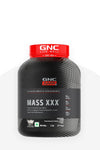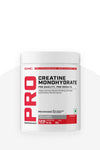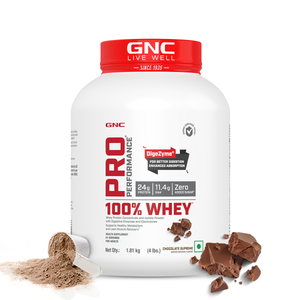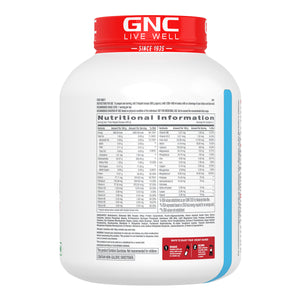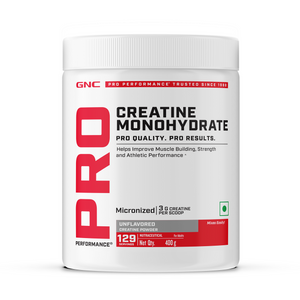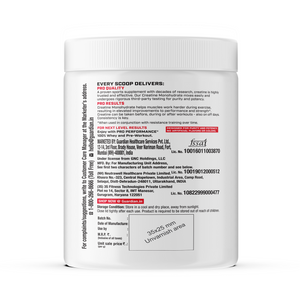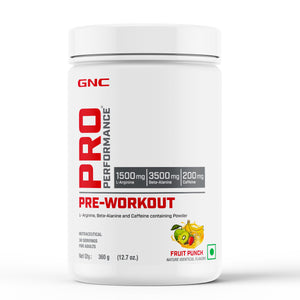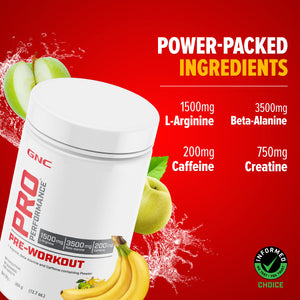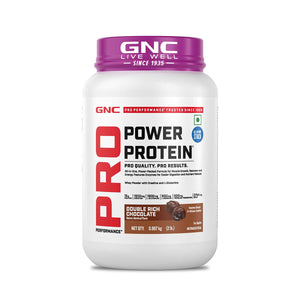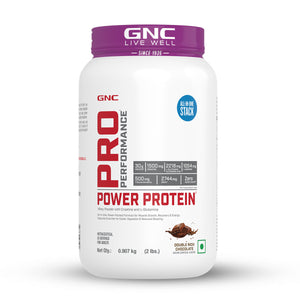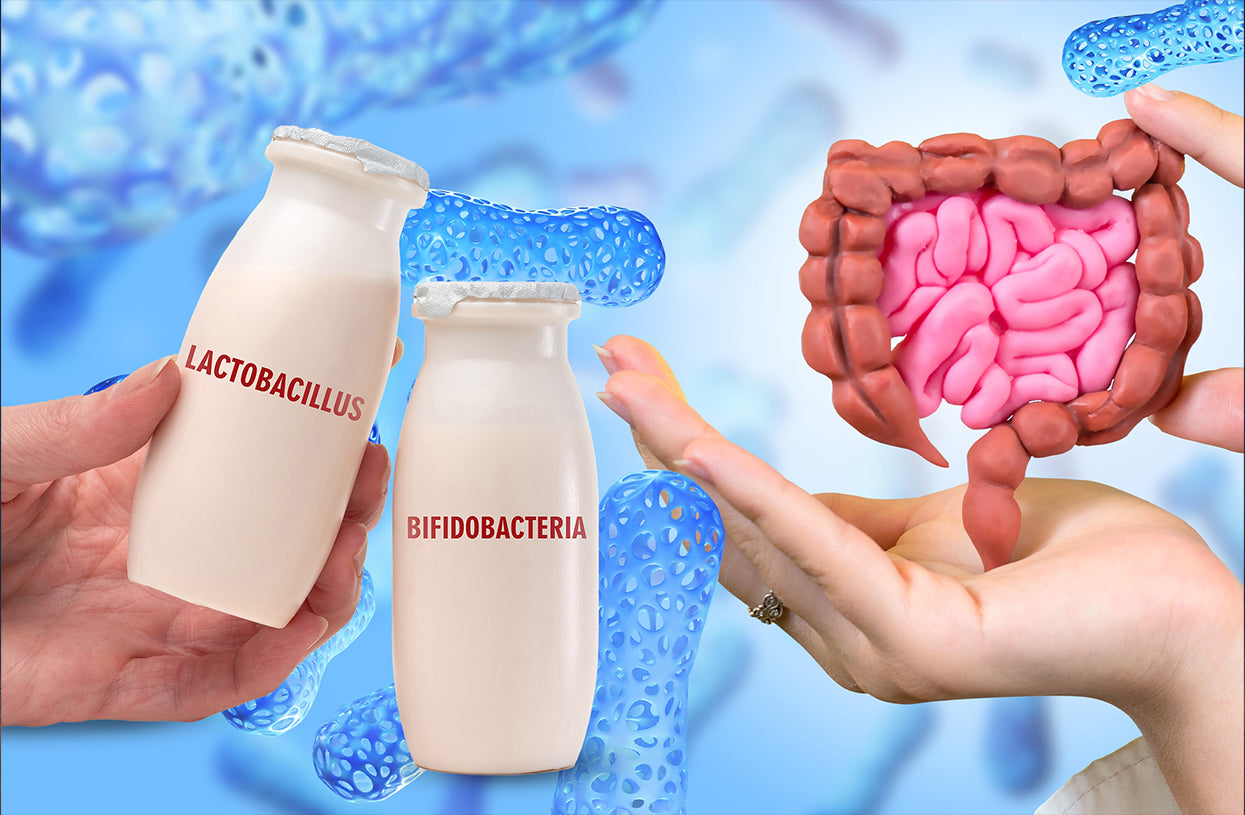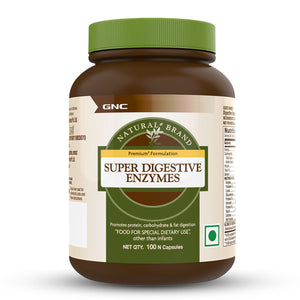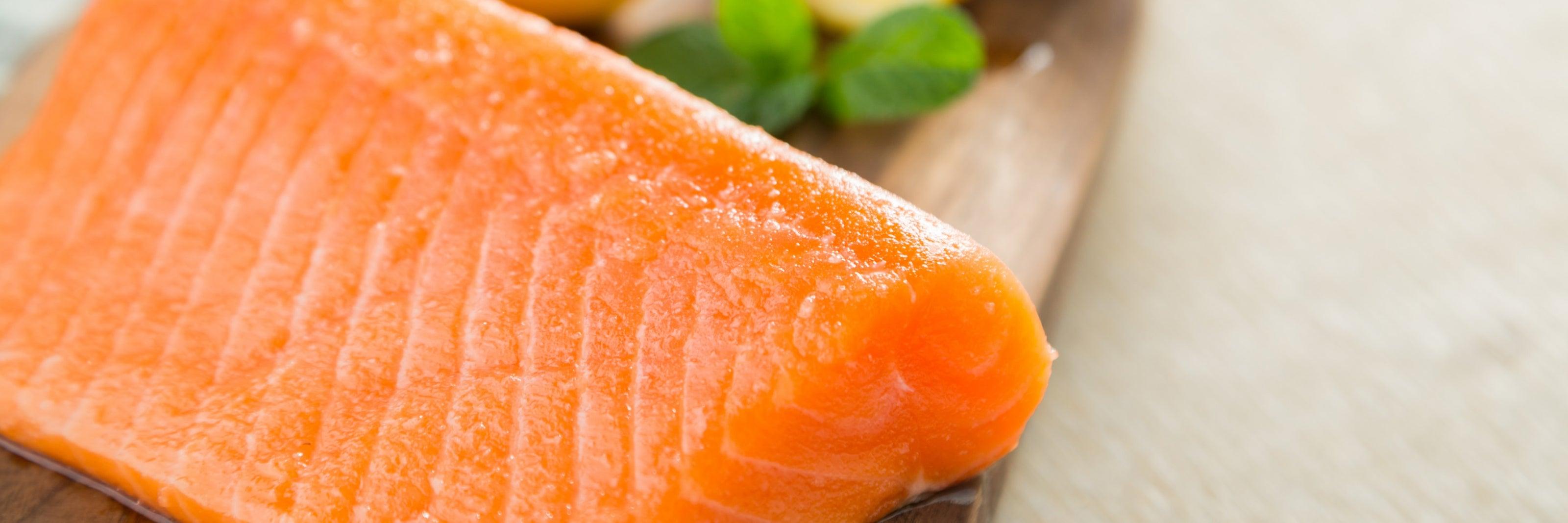Obesity is now considered to be a worldwide pandemic affecting approximately 1 in 3 people. Over the decades, many efforts have been put into attaining the desired weight and helping control the incidence of weight loss.
Emerging Research underscores the pivotal role of gut microbiota in weight management. The gut microbiota, a complex ecosystem of bacteria in the gastrointestinal (GI) tract, from the oral cavity to the small and large intestines, has been found to significantly influence our health.
What are Probiotics?
Probiotics are living microorganisms that you can eat for several health benefits. You can get these probiotics from fermented foods and supplements.
Interestingly, specific probiotic strains have shown the potential to lose weight and improve the immune system, heart health, and digestion. Numerous studies have also revealed that probiotics can help you lose belly fat and weight.
Signs of Probiotic Requirements
Gut health affects your overall health. Consuming sufficient and best probiotics for weight loss is critically important. Here are the signs why you need probiotics:
- If you are facing stomach pain or discomfort and other problems such as gas, diarrhea, bloating, and constipation.
- Suffering from Gastrointestinal conditions such as IBS, IBD, leaky gut, SIBO, or celiac disease.
- Skin problems such as eczema, acne, and psoriasis.
- Getting ill frequently or having difficulty in recovery indicates a suppressed immune system.
- If you get Urinary tract infections or yeast and vaginal infections more often.
- Feeling constantly tired or needing more energy.
- Mood swings or mental health issues such as depression or anxiety.
What are the Best Probiotics For Weight Loss?
A recent, meticulously conducted study on individuals struggling with weight issues has unveiled a significant correlation between probiotics and weight loss. The study, which adhered to rigorous scientific standards, specifically focused on certain strains of the Lactobacillus family.
When consumed in curd or yogurt, these strains of the best probiotics for weight loss have been proven to reduce body fat by 4% within 6 weeks. This robust scientific evidence instills confidence in the effectiveness of probiotics, such as Lactobacillus fermentum, in your weight loss journey.
The long-term benefits of Lactobacillus gasseri on weight loss are particularly promising. In a study involving 210 individuals, consuming Lactobacillus gasseri for 12 weeks reduced body weight, BMI, organ fat, hip circumference, and waist size.
This real-life success story, where individuals were able to shed significant amounts of weight and belly fat, serves as a powerful testament to the potential of probiotics in your weight loss journey and the potential for long-term weight management.
For those who consumed Bifidobacterium animalis subsp. Lactis, the results are equally encouraging. Studies have shown that individuals, particularly women, who incorporated this strain into their diet for 3 months experienced significant reductions in belly fat and BMI.
These results are a testament to the potential of probiotics in addressing specific weight loss concerns, offering a hopeful outlook for your weight loss journey.
Impact of Obesity on Gut Microbiota
Obesity has been associated with structural and functional changes in the gut microbiota. You're not alone if you've been trying to shed all that extra weight but still carry more belly fat than you'd like.
There are a lot of men and women out there who are feeling frustrated every single day for not being able to achieve those six-pack abs or throw on that shift dress despite the strict diets and endless crunches and planks.
You could consider adding probiotics to your diet to help your fitness goals. If you need to learn probiotics and how they can help you achieve the desired fat-loss results, then understand this.
Different types of bacteria in your digestive system – some good and some bad – constitute 1-3% of your total body weight. The type and amount of these bacteria in the gut can directly affect your weight, metabolism, immune function, and more.
Boosting the good bacteria in your digestive tract, called the gut microbiome, can help you improve your body composition.
Probiotics are living microorganisms, similar to the body-friendly bacteria in your gut, which can be included in your diet to derive health benefits like reduced risk of gastrointestinal disorders, better immune function, improved cardiovascular health, and weight loss.
Probiotics are found naturally in yogurt, pickles, apple cider vinegar, kimchi, raw cheese, kefir, and other fermented foods. However, they are also available as dietary supplements for those who cannot get 'good bacteria' from food or seek faster results.
How Can Probiotics Help You Burn Belly Fat?
According to studies, specific probiotic strains, such as those of the Lactobacillus family, have successfully reduced belly fat and maintained body weight in the long run. Here’s how:
1. Probiotics Can Lower Fat Absorption
The bacteria in your digestive tract can influence how your body absorbs nutrients from food and uses them for energy. Probiotics help lower the number of calories (dietary fats) you absorb, thereby increasing the excretion of bile from the body, promoting the loss of belly fat.
2. Probiotics Can Help Burn More Calories
Consumption of probiotics leads to the release of the satiety hormone GLP-1 in the body, reducing your appetite and increasing your resting energy expenditure, allowing you to burn fat and lose weight. Even obese people can experience rapid weight loss with probiotic supplements.
3. Probiotics Can Decrease Fat Storage
Probiotics increase the circulation of ANGPTL4 protein, which regulates the accumulation of fats in the body. Increased protein levels can lead to reduced fat storage and, in turn, weight loss.
Moreover, probiotics are also known to reduce inflammation that drives obesity and prevent weight gain when on a high-calorie diet – all of which can further help you with your belly fat.
The only thing you need to remember while looking for a high-potency probiotic supplement is the different strains of bacteria and the number of active cultures or CFUs (colony-forming units – in billions).
Benefits of Probiotics for Women
Now coming to some of the major benefits of probiotics for women. Let’s discuss them in a detailed manner:
- Women consuming probiotics have clearer and healthier skin. It helps to resolve many issues, such as acne and other skin-related problems.
- In women, probiotics help in boosting fertility by maintaining optimal gut health and vaginal microbiomes.
- It helps reduce inflammation as it prevents conditions such as endometriosis and (PID) pelvic inflammatory disease which makes women challenging to conceive.
- It also helps in the prevention of UTIs (urinary tract infections) and yeast infections.
Conclusion
As discussed, probiotics provide many health benefits. Although, the benefits of probiotics depend on the type of probiotic you consume. One of the best probiotics for belly fat is Lactobacillus gasseri, as per recent studies, having modest impacts on your weight loss when combined with a well-balanced diet. Choose the best quality probiotic to get effective results.
Frequently Asked Questions (FAQs)
1. What are probiotics?
Probiotics are supplements or foods with living microorganisms that maintain or improve your body's good bacteria or normal microflora.
2. What are prebiotics and probiotics?
Prebiotics are specialized plant fibers that work as food for good bacteria. On the other hand, probiotics are the live strains of microorganisms or bacteria that add to the good bacteria population in your digestive system.
3. What are the best probiotics for fat loss?
Lactobacillus gasseri is one of the best probiotics for weight loss.



